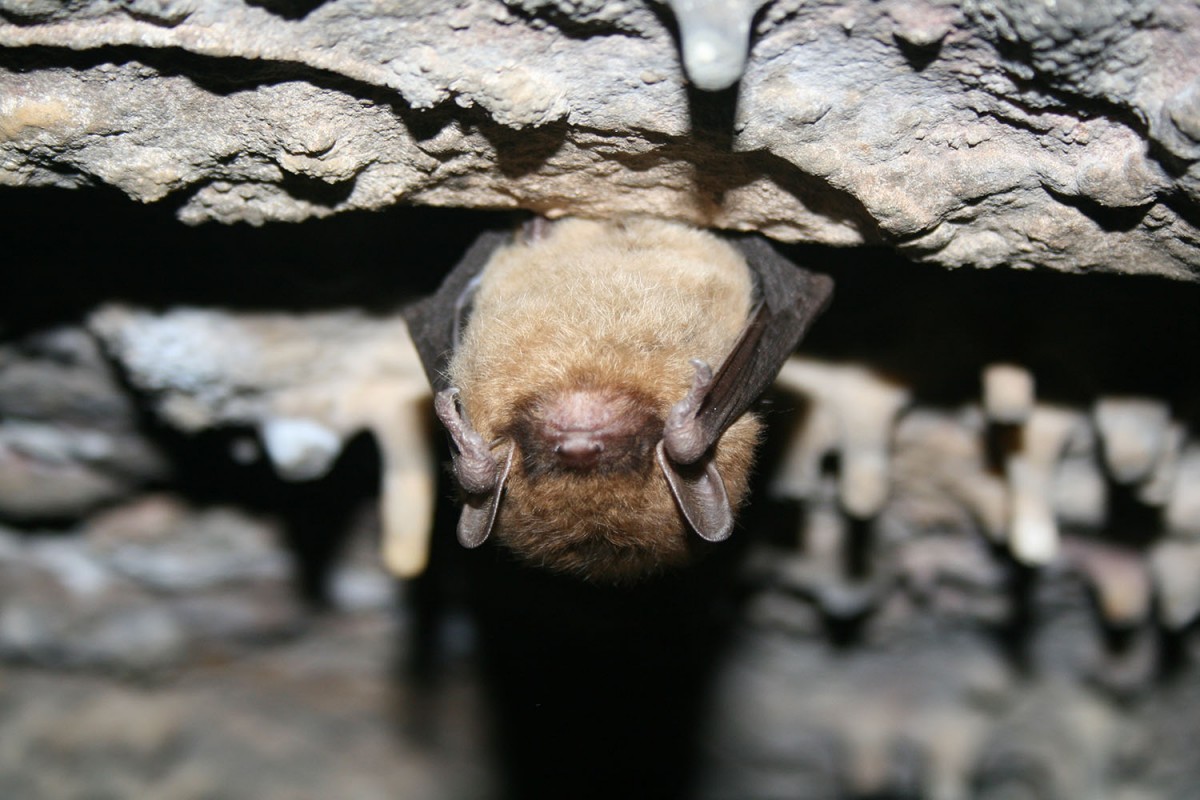Welcome to Facts Vibes! Explore the fascinating world of garden facts. From the benefits of gardening to surprising plant trivia, we’re here to cultivate your knowledge. Let’s dig into the green wonders that make our gardens thrive.
Exploring Fascinating Garden Facts: The Green World Revealed
Exploring Fascinating Garden Facts: The Green World Revealed
Gardens have been a source of fascination for people throughout history, offering not only beauty but also a deeper understanding of the natural world. From the intricate relationships between plants and insects to the ways in which different cultures have shaped their gardens, there is always something new to discover. Here are some interesting garden facts that may surprise and delight you.
Biodiversity Hotspots: Gardens are more than just a collection of pretty flowers and shrubs. They can also be biodiversity hotspots, supporting a wide range of plant and animal species. By carefully choosing a variety of plants native to your region, you can create a thriving ecosystem right in your backyard.
Healing Gardens: It’s not just the sights and smells of a garden that can be therapeutic. Healing gardens are intentionally designed to promote health and well-being, incorporating elements such as tranquil water features, fragrant herbs, and comfortable seating areas.
Historical Influences: Gardens often reflect the cultural and historical influences of the societies in which they are created. From the formal symmetry of French parterre gardens to the meditative tranquility of Japanese Zen gardens, each style tells a unique story about the people who designed and tended them.
Edible Landscaping: Why limit a garden’s offerings to just flowers and foliage? Many gardeners are embracing the concept of edible landscaping, integrating fruits, vegetables, and herbs into their outdoor spaces to create beautiful and productive landscapes.
Sensory Experiences: Gardens engage all of our senses, from the vibrant colors and textures of plants to the soothing sounds of rustling leaves and chirping birds. Designing a garden to provide a rich sensory experience can be rewarding for both the creator and those who wander through it.
In conclusion, gardens are windows into the natural world, offering endless opportunities for discovery and delight. Whether you’re an avid gardener or simply appreciate the beauty of a well-tended plot, there’s always more to learn about the green world revealed.
Most popular facts
The world’s largest botanical garden is located at Kew Gardens in London, England.
Kew Gardens in London, England is home to the world’s largest botanical garden.
Some plants, such as lavender and marigolds, can act as natural insect repellents in a garden.
Plants like lavender and marigolds can act as natural insect repellents in a garden.
Gardens can help reduce stress and anxiety, and promote mental well-being.
Gardens can help reduce stress and anxiety, and promote mental well-being by providing a peaceful and restorative environment for individuals to connect with nature and engage in relaxing activities such as gardening or simply enjoying the beauty of the natural surroundings.
The world’s oldest continually operating public garden is the Orto Botanico di Padova in Italy, founded in
The world’s oldest continually operating public garden is the Orto Botanico di Padova in Italy, founded in 1545.
Sure! In the context of Information and facts, accuracy and reliability are crucial.
The social and community aspects of gardening contribute to a sense of belonging and connectedness.
The social and community aspects of gardening contribute to a sense of belonging and connectedness.
The “Hanging Gardens of Babylon” were one of the Seven Wonders of the Ancient World.
Yes, the “Hanging Gardens of Babylon” were one of the Seven Wonders of the Ancient World.
Gardens can provide habitats for various wildlife and contribute to biodiversity conservation.
Gardens can provide habitats for various wildlife and contribute to biodiversity conservation.
The humidity levels in gardens can be beneficial for respiratory health.
High humidity levels in gardens can be beneficial for respiratory health.
Some edible flowers, like nasturtiums and violets, are commonly used in gourmet dishes and salads.
Edible flowers such as nasturtiums and violets are commonly used in gourmet dishes and salads.
Gardening can be an effective form of physical exercise and can improve overall fitness.
Yes, gardening can be an effective form of physical exercise and can improve overall fitness.
The practice of therapeutic horticulture is used to promote physical and emotional well-being.
Therapeutic horticulture promotes physical and emotional well-being.
Gardens can serve as outdoor classrooms for environmental education and connecting with nature.
Gardens can serve as outdoor classrooms for environmental education and connecting with nature.
The “Garden of Eden” in religious traditions is often depicted as a paradise or idyllic setting.
The “Garden of Eden” in religious traditions is often depicted as a paradise or idyllic setting.
Many herbs and medicinal plants, such as aloe vera and chamomile, can be grown in a garden for their health benefits.
Many herbs and medicinal plants can be grown in a garden for their health benefits, including aloe vera and chamomile.
The Chelsea Flower Show in the United Kingdom is a renowned annual event showcasing elaborate garden designs and floral displays.
The Chelsea Flower Show in the United Kingdom is a renowned annual event showcasing elaborate garden designs and floral displays.
In conclusion, gardening is a wonderful way to connect with nature and cultivate a sense of well-being in our lives. By understanding these garden facts, we can appreciate the intricate balance of the natural world and make informed decisions to enhance the health and beauty of our gardens.
